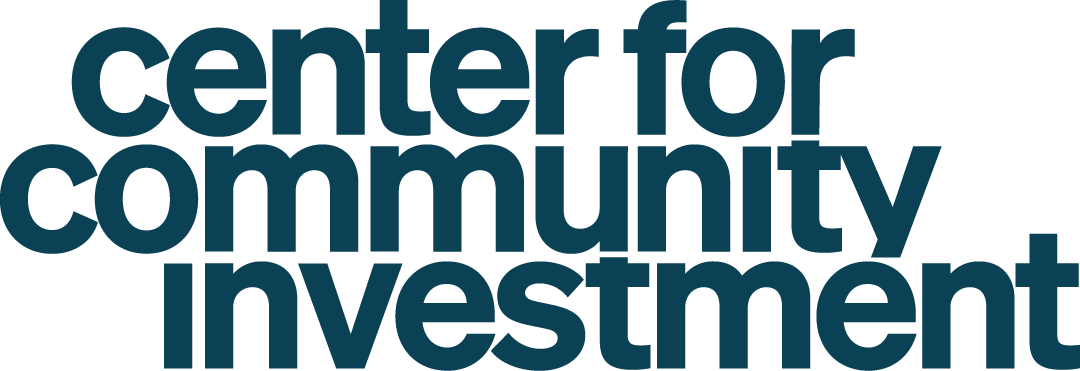This week’s Fulcrum Fellows interview is with Ethan Nelson. In his role as Intergovernmental Relations and Sustainability Manager for the City of Eugene, Ethan creates bridges between federal, state, and local initiatives. In this interview, Ethan describes how the Fulcrum Fellowship has impacted his approach to advancing the City’s climate mitigation and adaptation goals.
Tell us a little bit about your background and how you ended up in your role at City of Eugene.
I’ve worn a lot of hats throughout my career. After undergrad I bopped around to a lot of different youth development and natural resource positions through Northwest Youth Corps in Eugene, OR. During my 13 years with the organization, I worked my way up to Director of Residential Programs. That position was challenging and interesting. I worked with a lot of federal partners, including the Bureau of Land Management and the National Parks Service, and oversaw budgeting, staffing, strategy, policy development, and Board relations. It was during my time with Northwest Youth Corps that I started to understand equity issues, including how a person’s position in a system affects the opportunities they are afforded and who they become.
After graduate school, where I focused my studies on sustainable development and energy policy, I worked in the private sector for an assisted living development and management company, working on construction management, real estate development, and planning efforts. This gave me a sense of the pressures that developers face, what it takes to make a deal happen, and the disconnect between what developers’ concerns and the public’s perception of the project. In 2008, I accepted a position as the City of Eugene’s Solid Waste and Green Building Manager, where I led the development of new food waste collection programs, service rate overhaul, and incentivizing sustainable private development. About three years ago, I moved into the City Manager’s Office in an intergovernmental affairs role, managing federal policy and strategic initiatives. In this position, I work less on technical activities and focus more on a broader understanding of the city and playing a leadership role. I started the Fulcrum Fellowship two years into this role, which has added tremendous value to my work and made me more effective in my position.
What challenge have you chosen to focus on in your Fulcrum Fellowship?
Two years ago, our Sustainability Manager left and my boss asked me to step in, which complemented the strategic, intergovernmental work that I was already doing. In this role, I am responsible for operationalizing the city’s Climate Recovery Ordinance. The City of Eugene passed a bold climate action plan in 2010, which included a number of “wish list” items but wasn’t tied to an implementation strategy. My Fulcrum Fellowship challenge is to bring on partners, set targets and create accountability that will make this plan actionable and realize our climate mitigation and adaptation goals.
What have been the most valuable aspects of the Fulcrum Fellowship to you so far and what are you learning about what it’s going to take to move your challenge?
Two frameworks that we’ve focused on in the Fulcrum Fellowship have been transformational for me: Donella Meadows’ work around change levers, and Ronald Heifetz and Marty Linsky’s work on adaptive leadership, which our City Manager uses extensively in his leadership. I now have a greater appreciation for what it takes to be effective at changing a system. You have to understand both what’s under the surface and less visible in that system, as well as your own role and the roles of others you are trying to move. I’ve also found CCI’s capital absorption framework to be very valuable as I’ve wrestled through how to translate it to my own work in the climate policy space. The fellowship has been instrumental in helping me take a broader perspective and build what we’re calling the Eugene Climate Collaborative. We are setting the table and building alignment around big goals and creating cross-connections among collaborators, creating a stronger degree of accountability for everyone. The goal is to focus on improving the situation of people now with investments that will have reverberating environmental and social impacts in the future.
What most excites you looking past the end of the Fellowship?
Many of us are in transition, including me. I’ve used a lot of what I’ve learned to create a team around me that can carry the city’s climate work into the future. Having built that team, I can step aside and work on other related issues like property tax reform. I’m excited to take on new challenges in policy work. I’m also excited about figuring out how we can stay connected after the Fellowship ends, and what an alumni network will look like. I’m interested in taking a leadership role on this and integrating it into my weekly routine. I want to figure out how to continue to give back to my cohort and to CCI.
What is your media diet?
Daily I read our local paper, NPR, Politico, Governing Magazine, and The Oregonian, our statewide newspaper, for more info on Portland and Salem, the state capital. My family and I are big into gardening and making our own food, and I love listening to the Pod Save America guys while we’re working.

